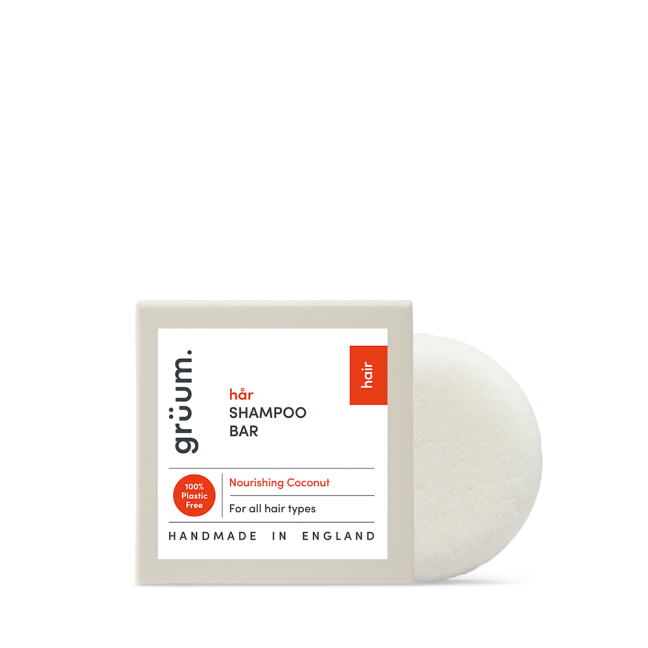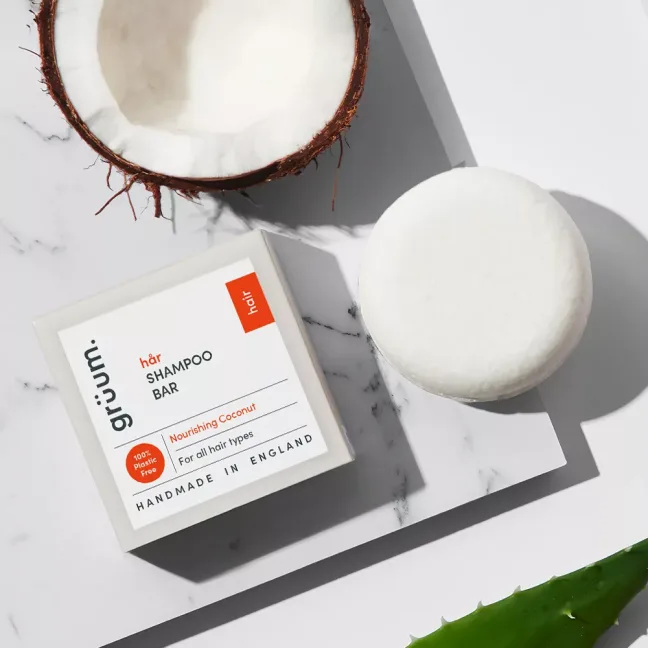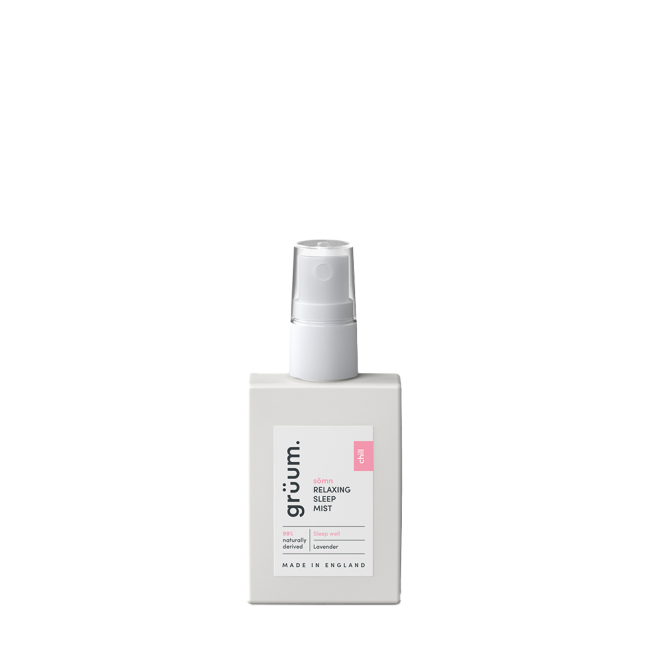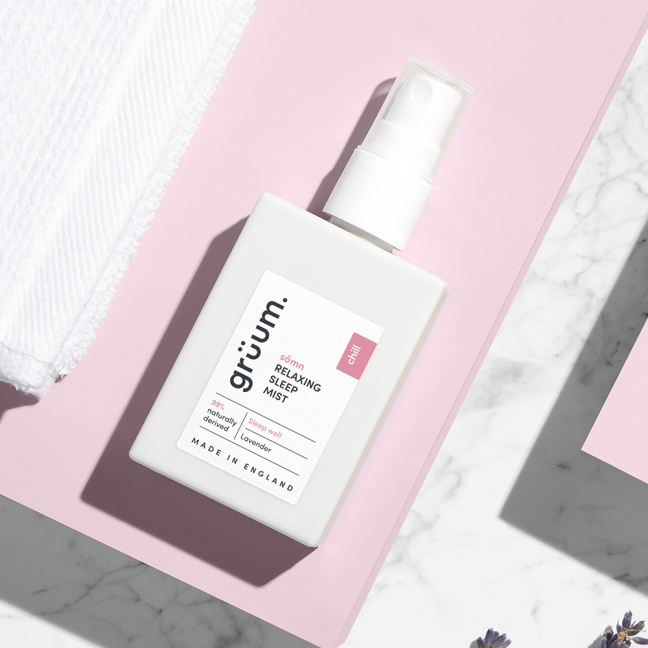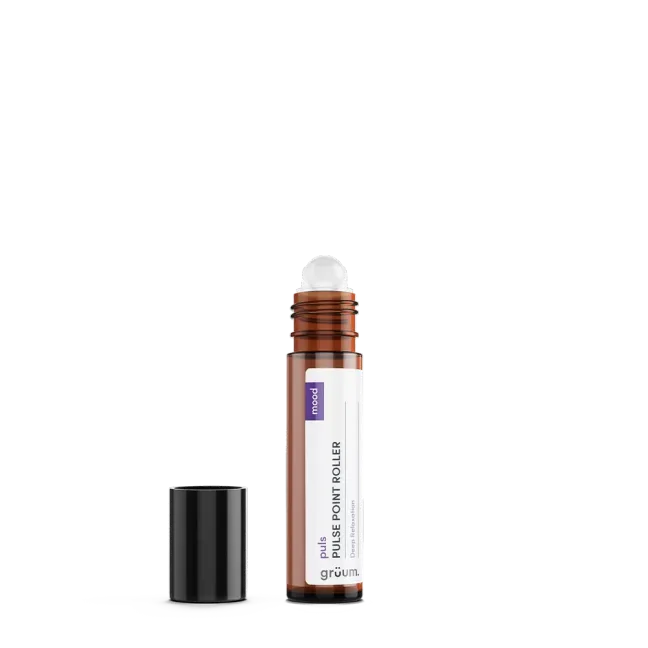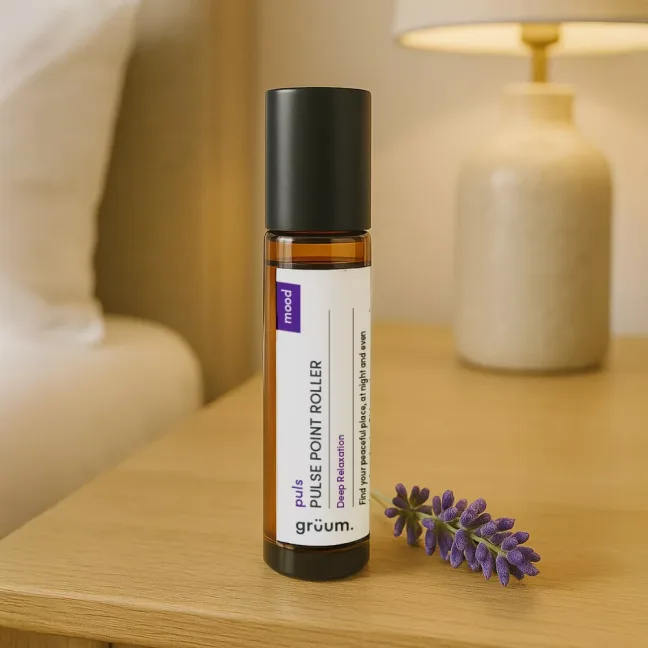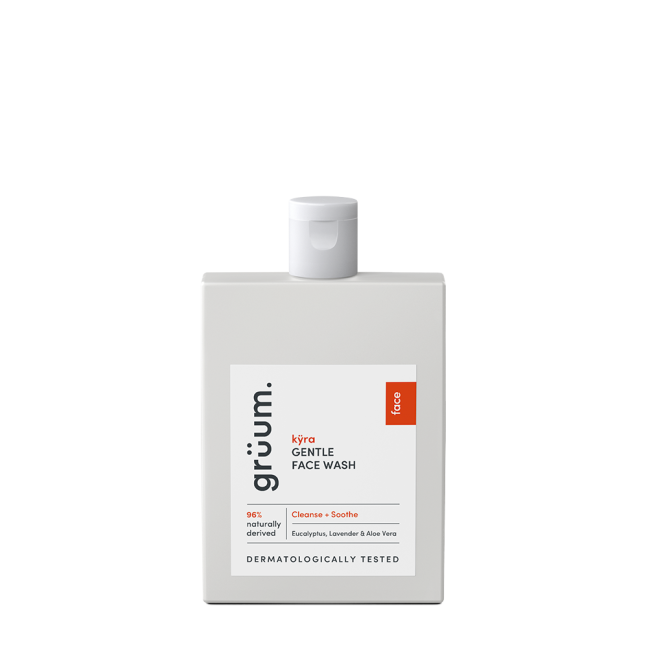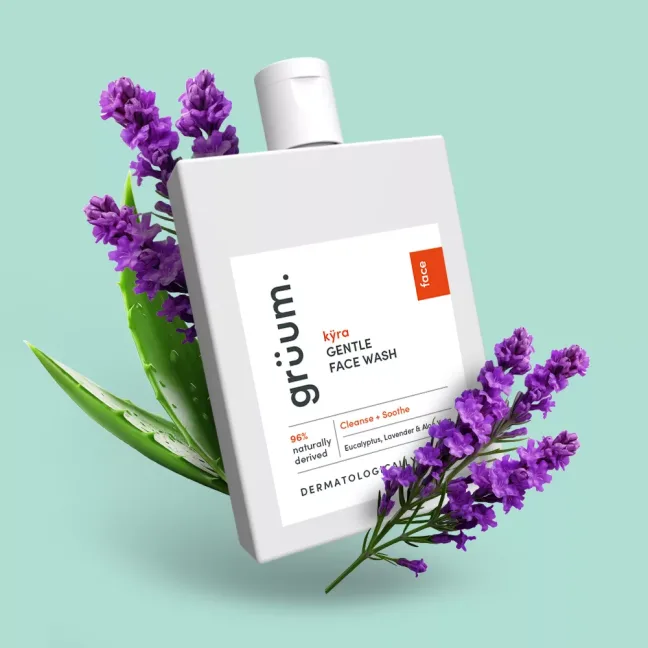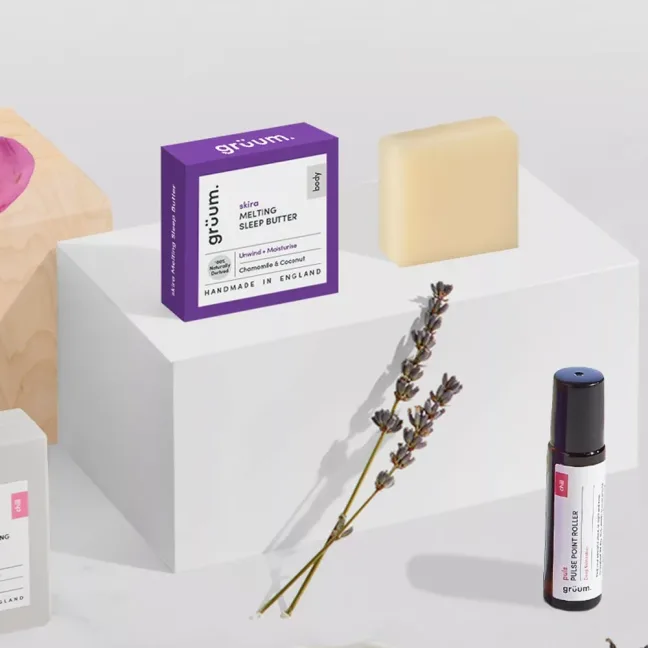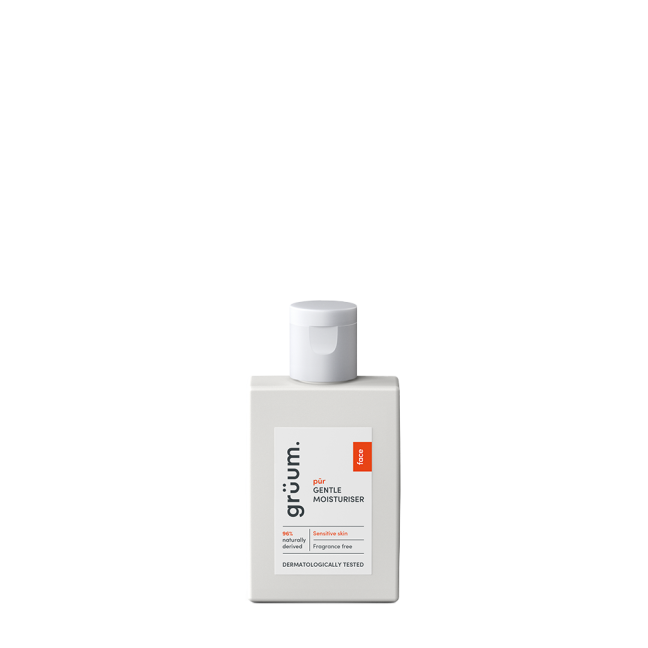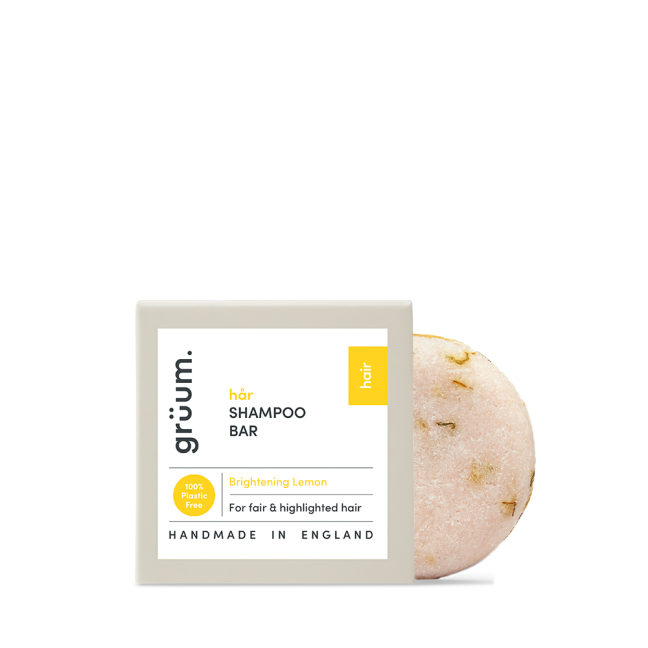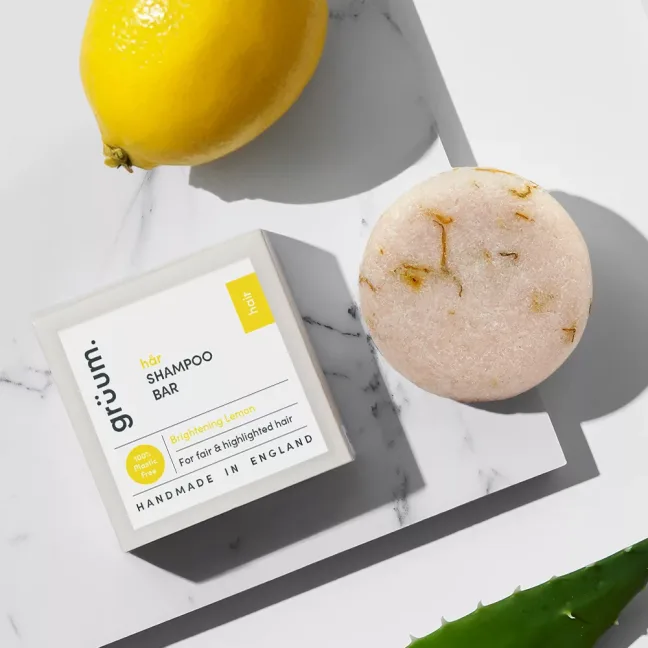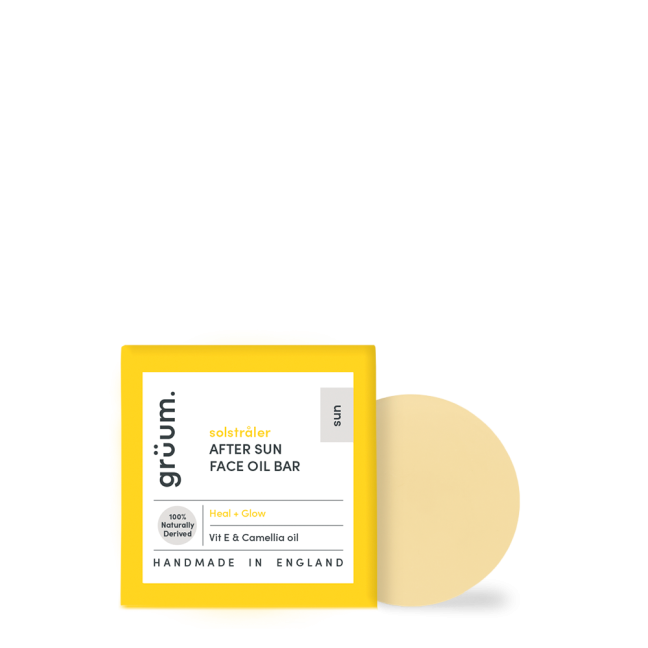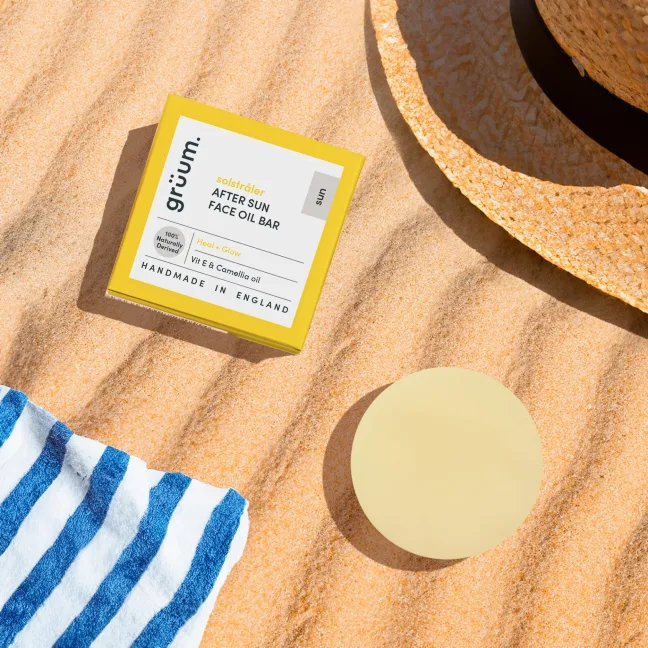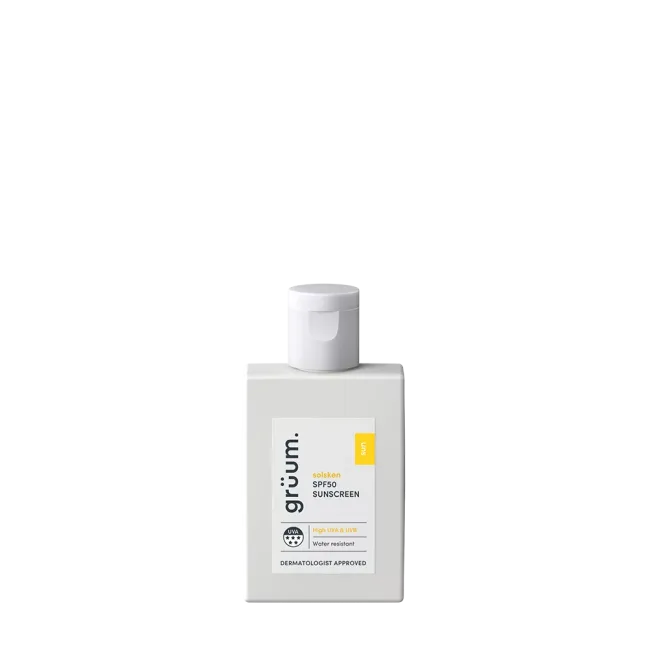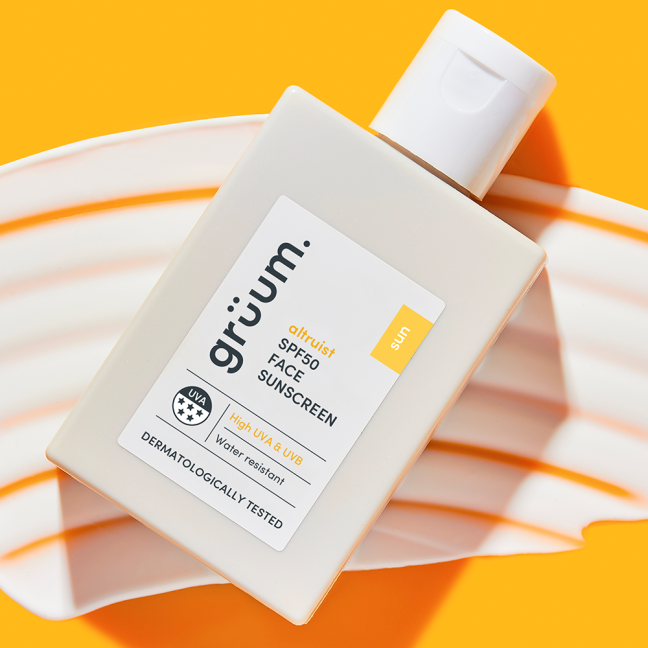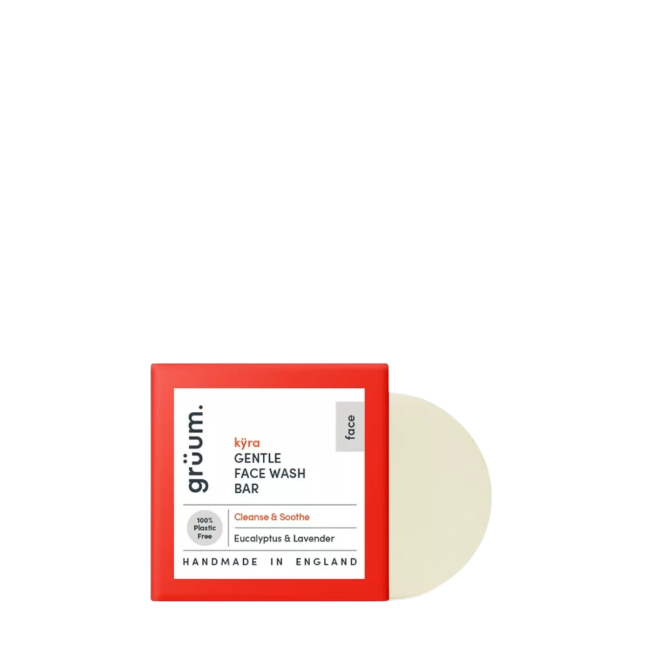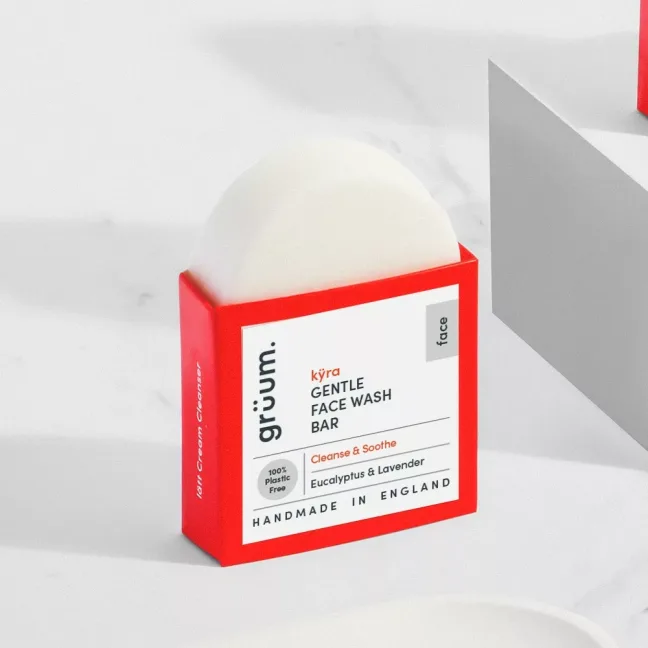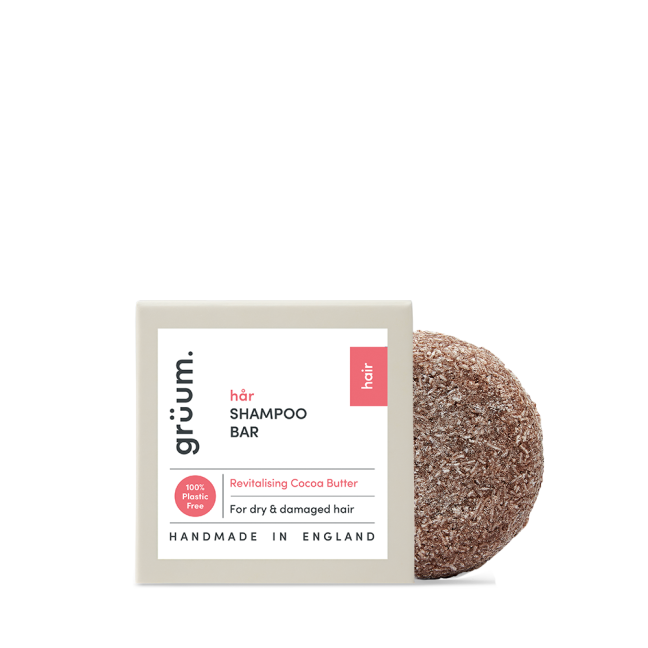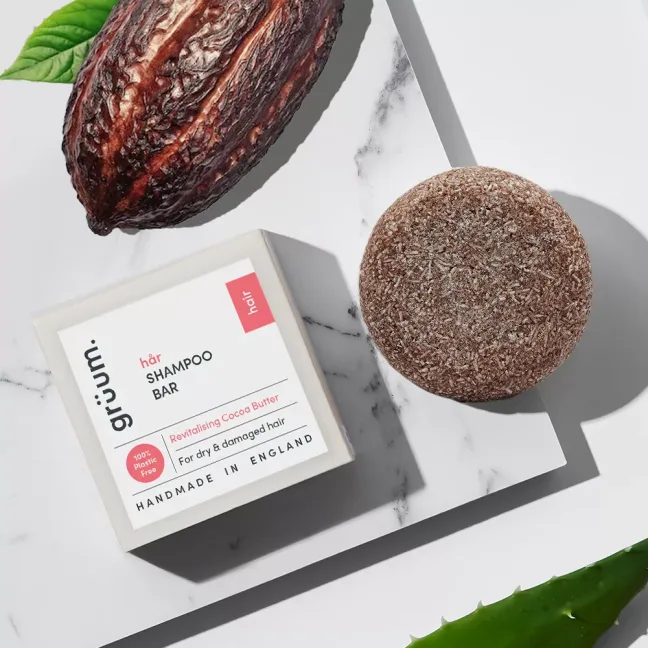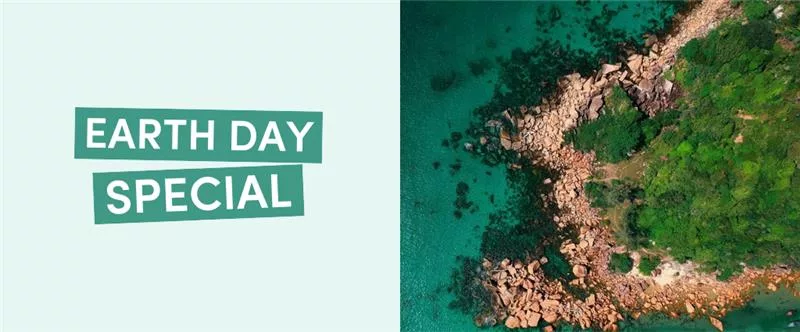We answer the burning questions our customers have about sunscreen, so you can stay safe this summer, however many rays are about!
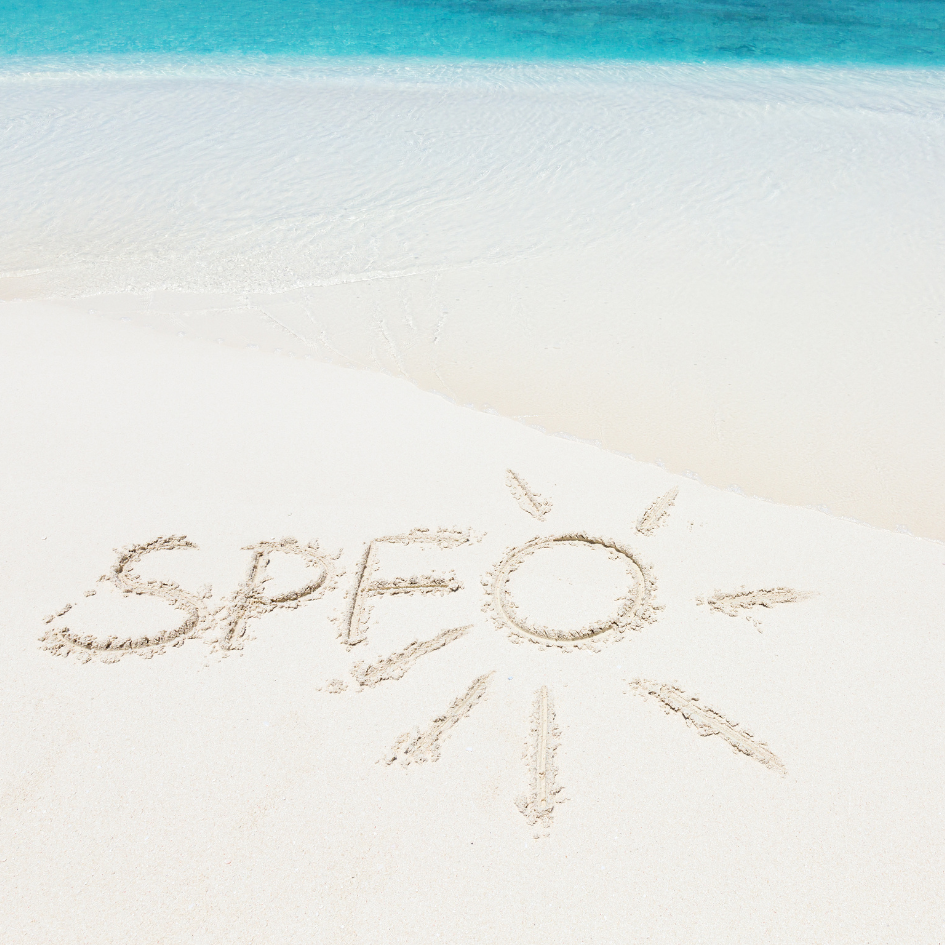
What does SPF mean?
SPF stands for ‘Sun Protection Factor’. Introduced in 1974, SPF is a way of measuring how many sunburn-creating UV rays actually get to the skin when sunscreen is applied. For example, SPF10 means that a tenth of UVB rays (the rays that create sunburn) will reach the skin. This roughly translates into a 90% protection factor.
In contrast, SPF50 means that only a 50th of UVB rays penetrate the skin, which is a protection factor of around 98%. So as you can see, the higher the SPF, the less likely it is that damaging radiation will reach the skin, assuming that SPF is applied evenly and generously.
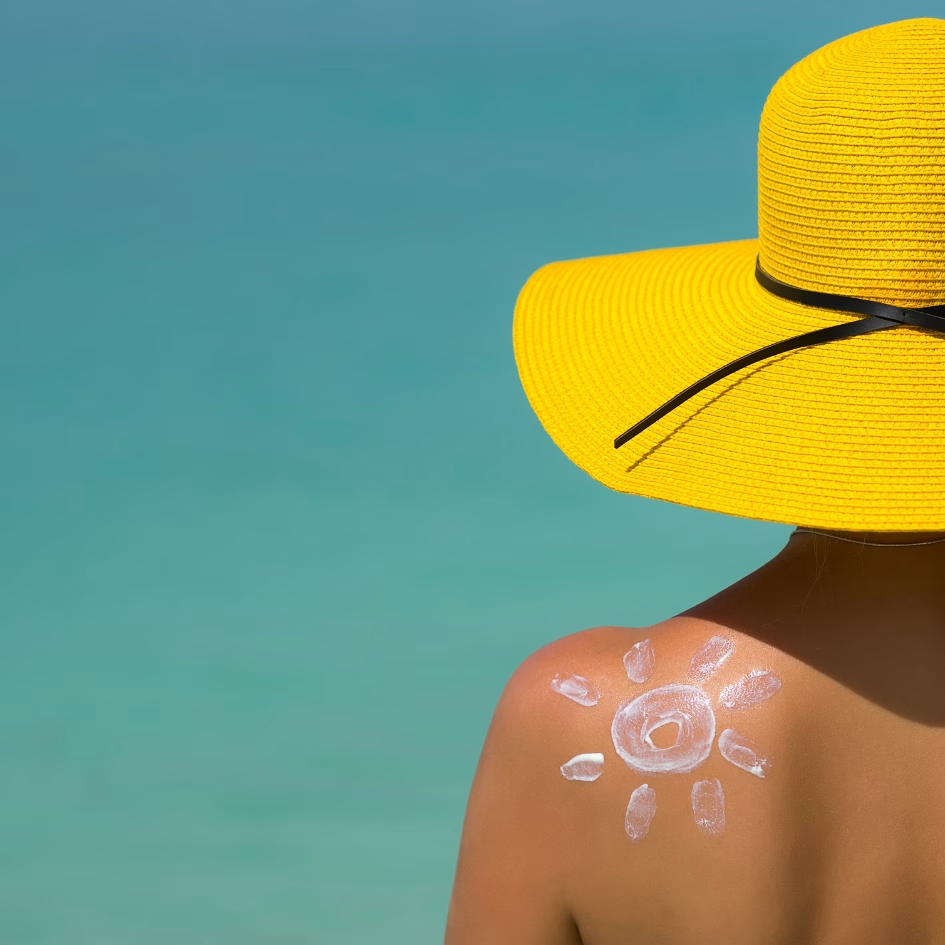
What does PPD mean?
Persistent Pigment Darkening or PPD is another way of measuring the effectiveness of a sunscreen. While SPF focuses on UVB rays, or the ‘burning rays’, PPD focuses on the UVA rays, which are responsible for making the skin darker, creating a tan. Unfortunately, these rays break down lots of cells and trigger premature ageing in the process
What does UV mean?
UV stands for ‘ultraviolet’. UV rays are a form of electromagnetic radiation that stealthily reaches us through sunlight. They can damage skin cells in a number of ways and are present all year round, though more prominent in the warmer months of the year.
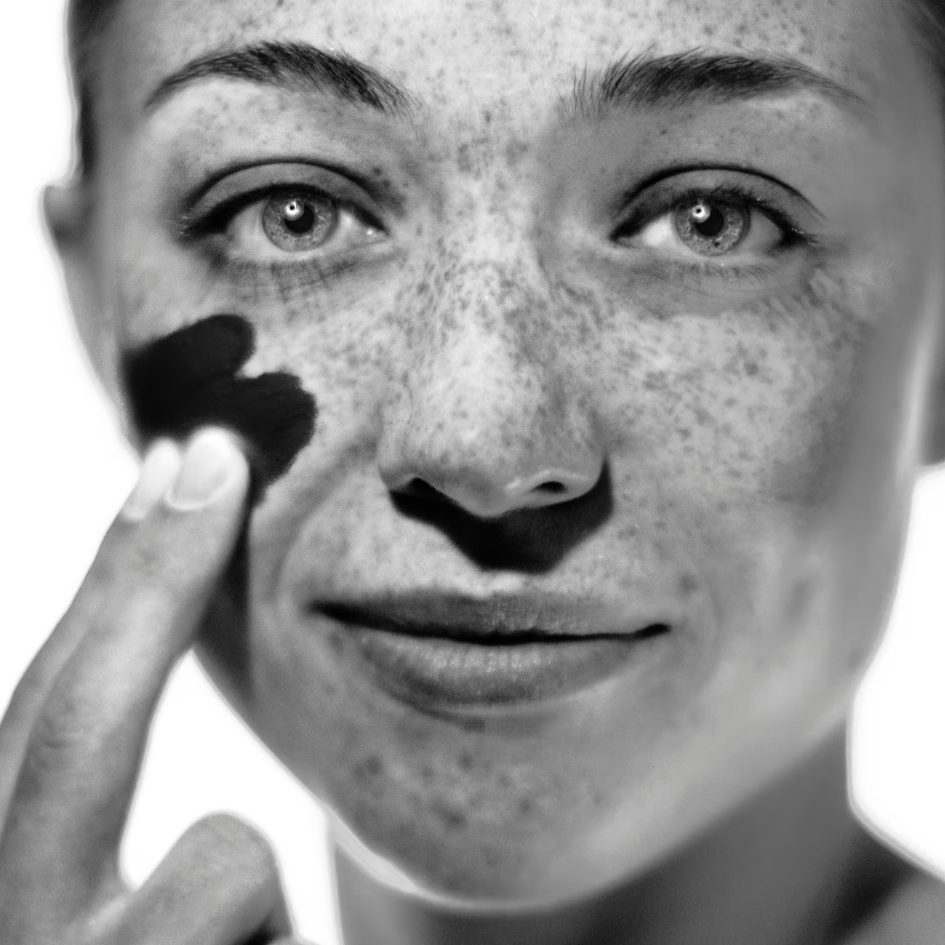
What’s the difference between UVA and UVB rays?
UV stands for ultraviolet, and there are two types of ultraviolet rays to look out for, simply labelled type A and type B. Ultraviolet ‘B’ rays or ‘UVB rays’ are the big dogs that cause sunburn, alongside much more serious issues, like skin cancer. UVA rays (which our SPF also defends against) cause premature ageing by damaging the collagen and elastin with your skin, while generating free radicals. We’re exposed to both as soon as we head outside, but thankfully, sunscreen is here to save the day.
What does 5* UVA and high UVB protection mean?
It means that when used correctly, our sunscreens will protect you from both UVA and UVB rays on a very high level. Our sunscreens are created in collaboration with leading dermatologists and are designed to offer lightweight yet powerful protection for as long as two hours.

What is Tinosorb® A2B?
Tinosorb® A2B is a highly efficient, photostable filter that protects against UVB and UVA II radiation, providing high SPF performance at a low active concentration. It has a PPD rating of 54.
Why is vitamin E included in your Daily Defence Lotion?
This natural antioxidant provides further protection against UVB damage, and has been proven to reduce the development of UV induced skin cancer. It fights free radicals, combatting cell mutation as well as inflammation and irritation, strengthening the skin’s defences.
What does hypoallergenic mean?
A product that’s hypoallergenic contains very few allergy-producing substances known as ‘allergens’. If a product is labelled hypoallergenic, it means that it is safe for even the most sensitive of skin.
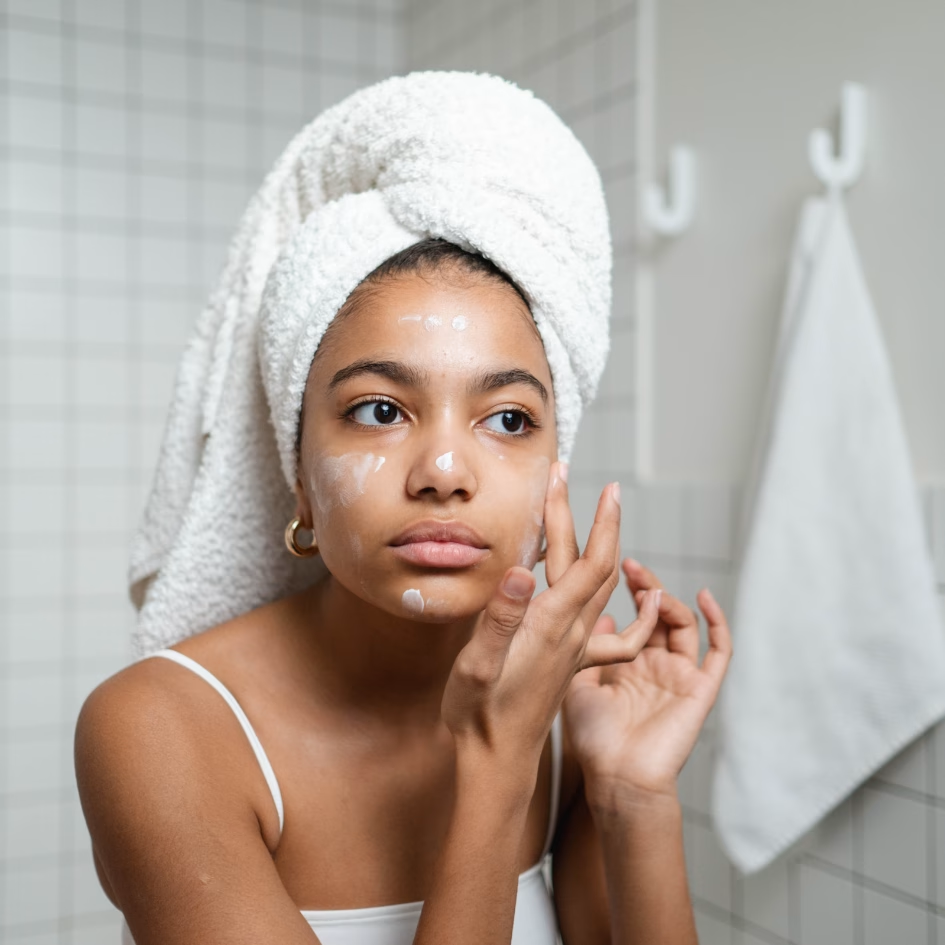
Can I wear makeup and use sunscreen?
Yes. Sunscreen is actually an excellent primer. Simply apply a layer of sunscreen and let it sink in before applying make up for daily protection. You can even blend with your moisturiser to get the best of both worlds.
How often should you reapply sunscreen?
Sunscreen should be reapplied every 2 hours, especially if you’ve been swimming or sweating. If you’re spending most of the day indoors and away from windows, then you may not need a second coat, but otherwise, reapply every 2 hours for the win.
Why is it important to use fragrance free sunscreen?
Unnecessary elements like fragrances and dyes can all cause irritation, which is definitely not what you need when you’re already battling invisible radiation.By taking perfumes and dyes out of the equation we’re reducing any risk of discomfort even further.
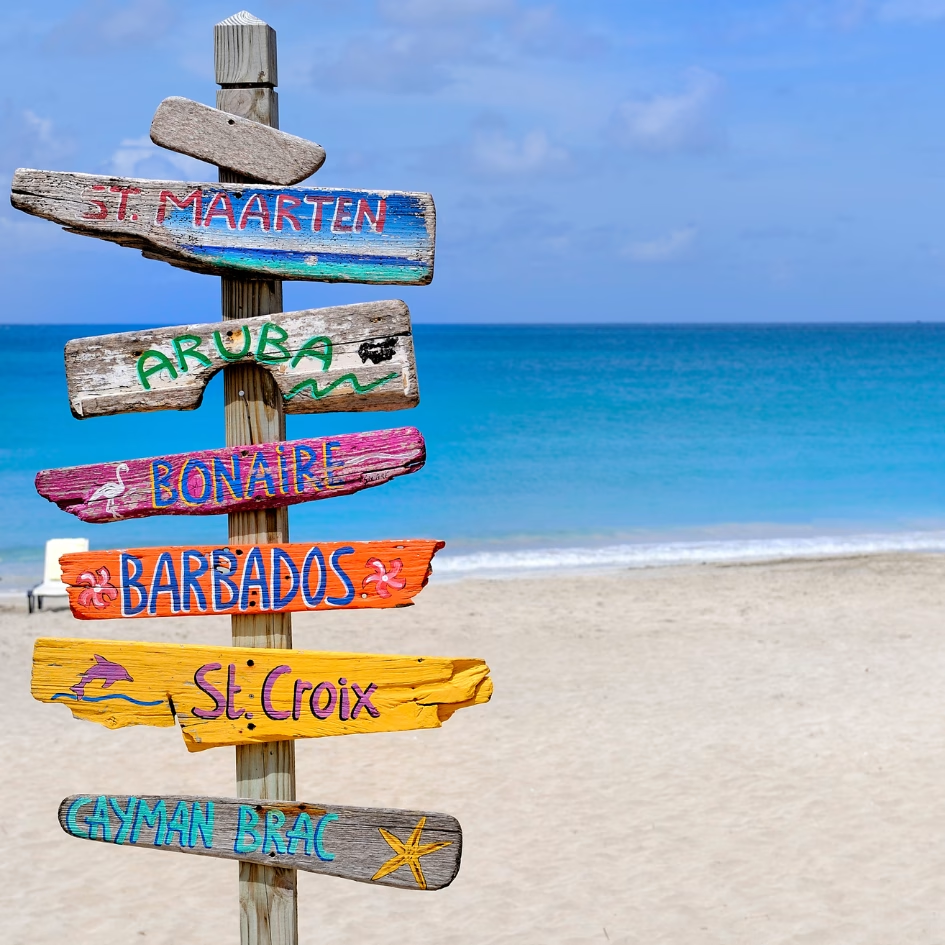
Which sunscreen is right for me?
All of our sunscreens can be used on both your body and your face, are fragrance free, lightweight, easily absorbable, non-greasy and dermatologist approved, so you can’t really go wrong!
Choosing your ideal sunscreen really comes down to what you want from that sunscreen. If you’re looking for full body protection, choose a bigger size. If you’re just after facial protection or you’d like a more convenient pocket sized bottle, go smaller.
Almost all of our sunscreens are travel friendly, with just one being over the 100ml limit in size. We stock both SPF30 and SPF50, which offer 96.7% and 98% protection respectively.
👇Take a look at our sunscreen guide 👇
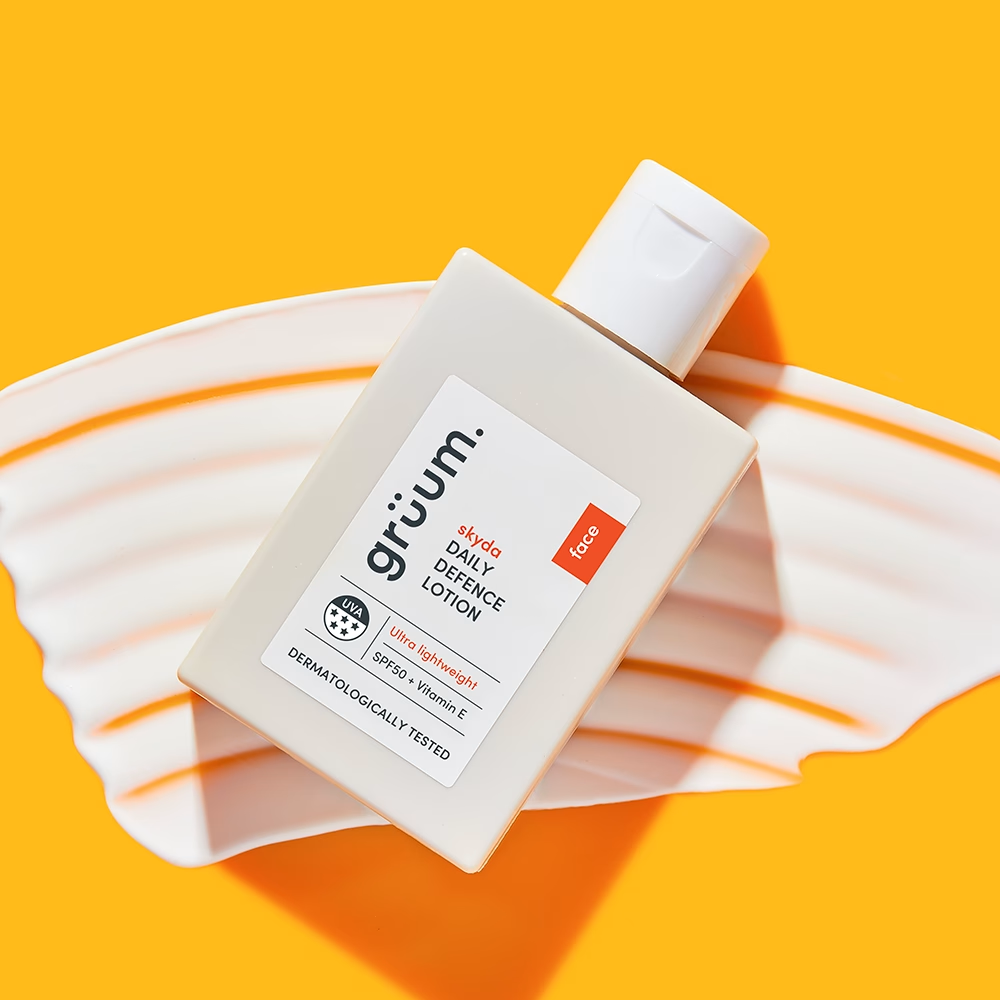
SPF50 5* UVA skyda Daily Defence Lotion | 50ml with Vitamin E
Pocket sized, fragrance free and infused with an extra boost of vitamin E to further defend against cell breakdown. Offers as much as 98% protection from UVB and UVA rays for as long as two hours.
This is the perfect sunscreen for everyday use if you’re looking for a facial sunscreen with a little extra good stuff in it.
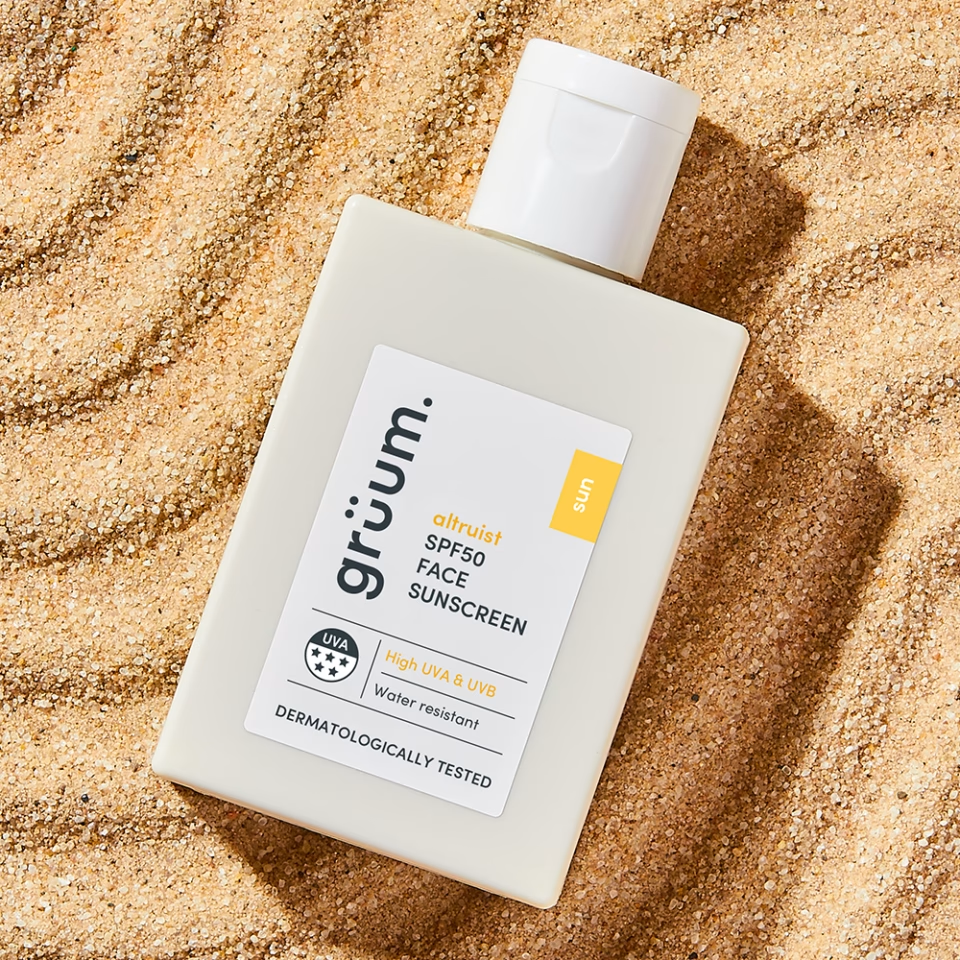
SPF50 5* UVA Dermatologist Face Sunscreen | 50ml
Pocket sized fragrance free facial sunscreen perfect for everyday use, offering as much as 98% protection from UVB and UVA rays for as long as 2 hours before reapplication. Lightweight and travel friendly.
SPF50 5* UVA Dermatologist Sunscreen | 100ml
Full sized fragrance free sunscreen perfect for everyday use, for body and face. Offers as much as 98% protection from UVB and UVA rays for as long as 2 hours before reapplication. Lightweight and travel friendly.
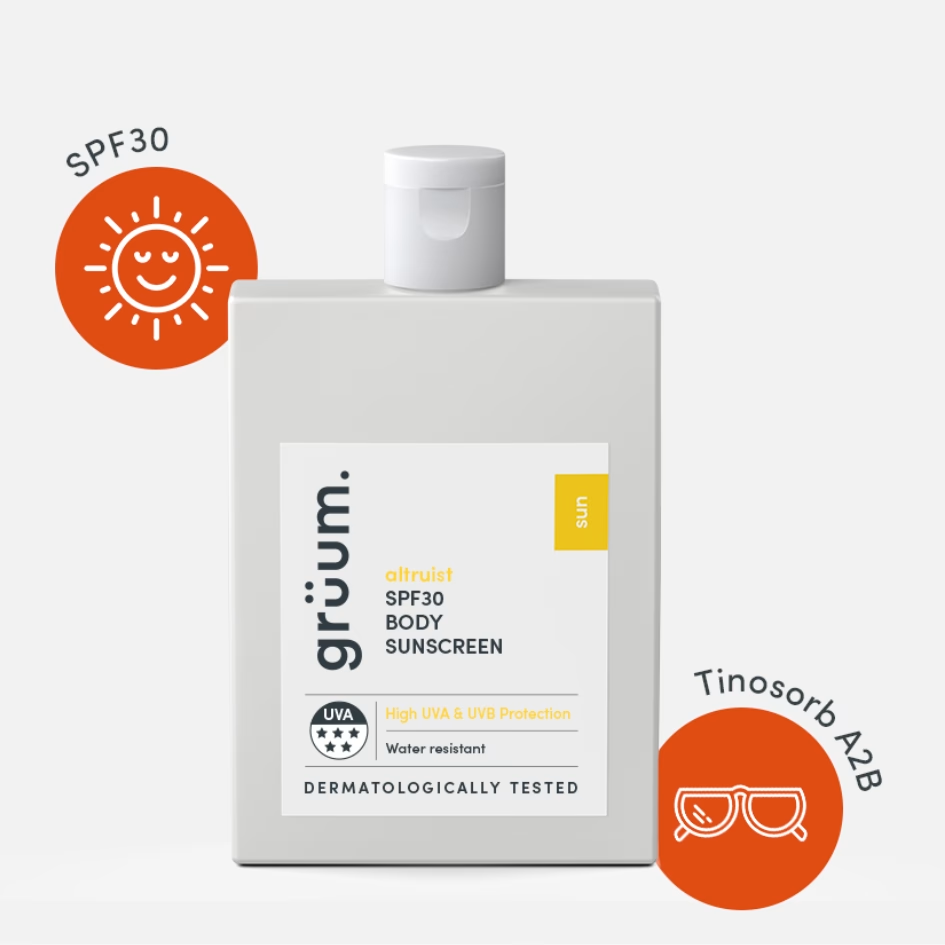
SPF30 Dermatologist Sunscreen | 50ml
Pocket sized fragrance free facial and body sunscreen perfect for everyday use, offering as much as 96.7% protection from UVB and UVA rays for as long as 2 hours before reapplication. Lightweight and travel friendly size.
SPF30 Dermatologist Sunscreen | 200ml
Value for money. Large fragrance free facial and body sunscreen perfect for everyday use, offering as much as 96.7% protection from UVB and UVA rays for as long as 2 hours before reapplication. Lightweight and family friendly.
🌞 Shop our SPF range 🌞
-

 Face
FaceSPF30 5* UVA Face Sunscreen | 50ml
£8.00 — available on subscription from £7.00 every monthQuick AddSPF30 5* UVA Face Sunscreen | 50ml
£8.00 — available on subscription from £7.00 every monthIn stock
-
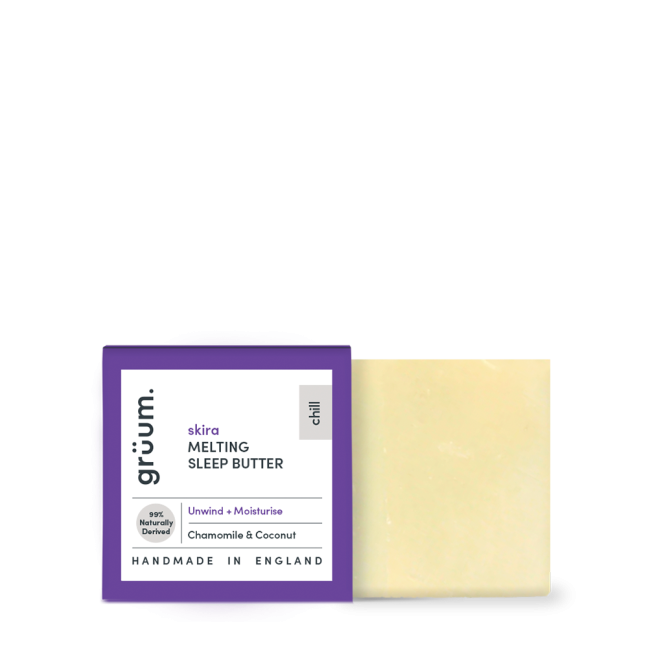
 Chamomile
Chamomileskira Melting Sleep Butter | 35g
£9.00 — available on subscription from £7.00 every monthQuick Addskira Melting Sleep Butter | 35g
£9.00 — available on subscription from £7.00 every monthIn stock
